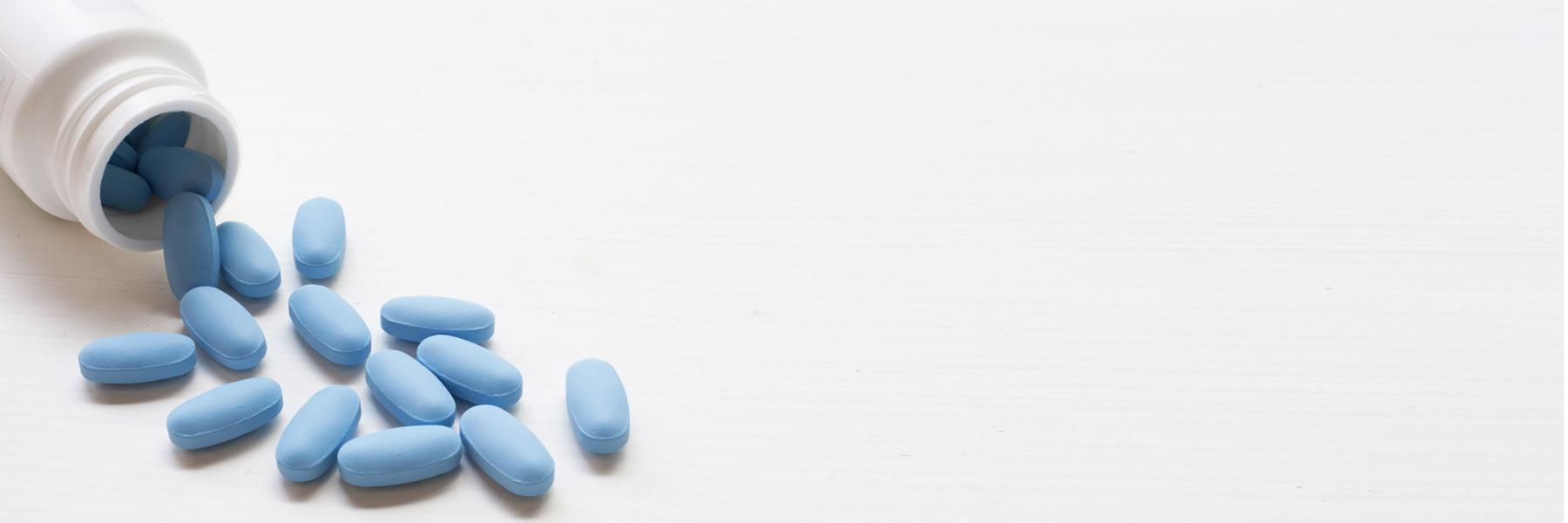Earlier this year, multiple advertisements started to appear on social media and late-night television pertaining to a number of class action lawsuits against Gilead, the company that makes the antiretroviral drug Truvada. The lawsuits typically claim extreme harm occurring to HIV-negative individuals who take Truvada as PrEP (to prevent HIV) or in combination with other antiretroviral medications as HIV treatment for folks living with HIV.
These ads are hyperbolic, misleading, and cause unnecessary fear, confusion, and anxiety within our communities impacted by HIV—affecting people living with HIV as well as those vulnerable to it. These problematic messages are, in some cases, leading people to make decisions about their healthcare that may not be in their best interests.
Many healthcare providers, nurses, doctors, HIV testers, PrEP navigators and others who work in our communities are hearing from their patients and clients about these ads.
Some people who were taking Truvada as PrEP have discontinued the medication without speaking to their providers. Since Truvada is the only FDA approved medication for the use of PrEP, there are no similar options currently available, leaving a gap in prevention that could lead to more new HIV infections.
Some folks living with HIV who are on Truvada, or who have been on Truvada, are expressing concerns about their health. And some others are confusing a wide range of HIV treatment medications that have Truvada in them and wanting to discontinue their current regimen, even if it does not include Truvada.
It is crucial for all members of our communities to come together and provide some clarity about the safety of Truvada.
Here are a few key messages that need to be reaffirmed to our friends, lovers, patients, and clients who utilize Truvada for prevention or treatment.
- The class action lawsuits regarding Truvada are not uncovering any new information. As mandated by the U.S. Food and Drug Administration, all side effects associated with Truvada, from common ones to rare ones, must be communicated in all advertising and with every prescription filled.
- There is always a risk when taking any medication. However, for most people, Truvada is safe and very effective in preventing and treating HIV.
- The potential risks associated with Truvada have been clear for many years, including the risks associated with taking Truvada as PrEP. When the guidelines are followed, PrEP is safe. Furthermore, it received a grade A by the U.S. Preventative Services Taskforce.
- It is safest for anyone taking Truvada for prevention or treatment to do so in close collaboration with medical providers to ensure regular and ongoing monitoring. This ongoing monitoring can address side effects big and small and provides regular opportunities to check in and ensure patients are healthy and happy.
- One in 200 people may have decreased kidney function because of taking PrEP. Those who do are more likely to be older, diabetic, and/or have chronic high blood pressure. If someone presents with reduced kidney function after taking PrEP, it is usually reversible when the medication is discontinued. Regular kidney function screening is part of Truvada treatment guidelines.
- In research studies, people taking Truvada have experienced reversible bone density loss, at a very low level of 1%, which rarely resulted in bone health issues. This is mostly a concern with very young patients and older adults. Bone density screening is not necessary for most people, and is not a regular part of testing for people who take Truvada.
- Truvada is not processed through the liver, therefore it holds no risk of liver damage.
- If you are taking Truvada for prevention or treatment, please contact your medical provider to discuss your concerns and assess your specific situation. Please don’t make changes to your health regimen without consulting a trusted provider.
Cori Blum, MD, AAHIVS is Medical Director, New Initiatives, at Howard Brown Health in Chicago. The author has no financial ties to Gilead Sciences, Inc., the maker of Truvada.


